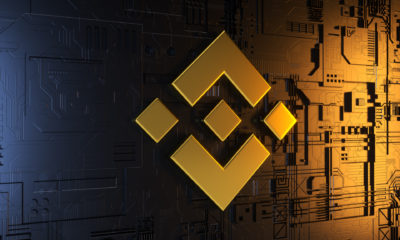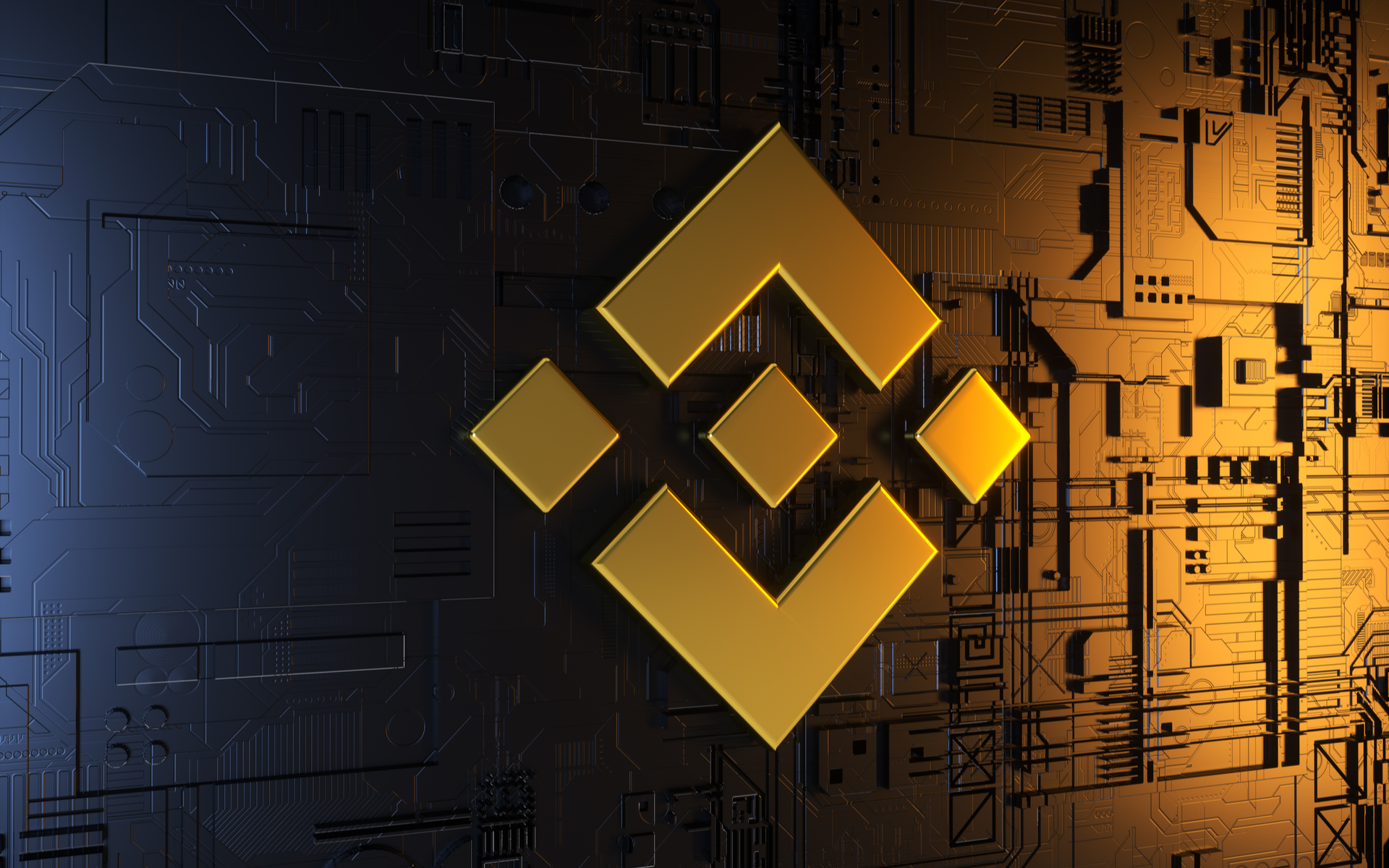News
Solana network reportedly down
The Solana mainnet is experiencing downtime in block production, and block progression is currently halted, with core engineers and validators actively investigating. The Solana blockchain explorer confirmed the downtime by flashing a “major outage” on the mainnet.

News
Binance Gets FIU Approval: India Return Imminent
Binance, one of the world’s largest cryptocurrency exchanges, has received approval from the Financial Intelligence Unit (FIU) of India, paving the way for its return to the Indian market. The approval marks a crucial step forward for Binance’s efforts to expand its presence in India and offer its services to Indian users once again.
News
GME Price Rallies 350% Amid Major Listings
The price of GameStop (GME) stock has surged by a whopping 350%, marking a significant rally fueled by major listings in the cryptocurrency market. The surge in GME price comes amidst renewed interest and speculation surrounding the iconic video game retailer, reminiscent of the historic Reddit-fueled frenzy witnessed earlier.
News
Israeli FinTech KIMA, Mastercard Launch DeFi Credit Card Project
Israeli FinTech company KIMA and global payments giant Mastercard have joined forces to launch a decentralized finance (DeFi) credit card project. The initiative aims to bridge traditional finance with the rapidly growing DeFi space, offering users innovative solutions for accessing credit and managing their finances.
-

 News1 week ago
News1 week agoCharles Hoskinson proposes Bitcoin Cash integration
-
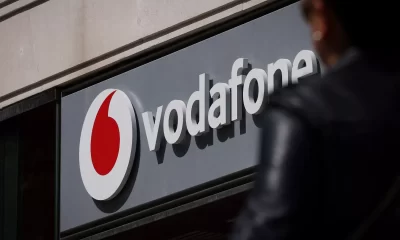
 News1 week ago
News1 week agoVodafone looks to integrate crypto wallets with SIM cards
-

 News5 days ago
News5 days agoDeutsche Bank slammed by Tether over suggestion its stablecoin could fail
-

 News1 week ago
News1 week agoStarknet Foundation launches $5M grants program
-
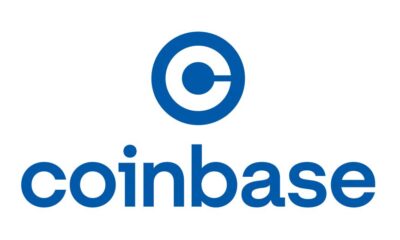
 News5 days ago
News5 days agoCoinbase sees infinite interoperability potential with Ethereum and USDC
-
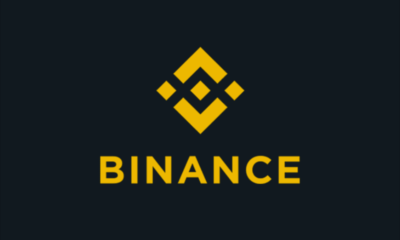
 News6 days ago
News6 days agoBinance denies reports of DWF Labs market manipulation
-

 News6 days ago
News6 days agoBlockchain education initiatives take off amid crypto bull market
-

 News5 days ago
News5 days agoRipple-Partner SBI Holdings To Establish Joint Venture In Japan


